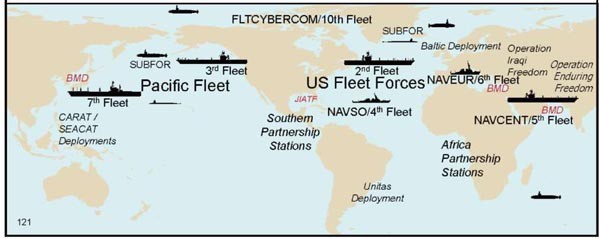bear2be2 said:
TeamPlayer said:
bear2be2 said:
TeamPlayer said:
coldhardtruth said:
Navy
UCF
Memphis
Cincinnati
Absolutely not. If we ever expand, we should only consider current P5 programs and potentially BYU. Adding Group of 5 programs makes the Big XII look like a second-tier conference.
This is a really silly mentality.
Louisville, TCU and Utah were three of the best additions made during the last round of realignment. All came from the G5 level. There are number of stable, well-run football programs at the G5 level that would bring far more to a power conference than many of the teams already playing at that level. All they need is the chance to prove themselves.
Louisville was in the Big East, which was not a G5 conference. What has TCU added to the Big XII? Are we really a better conference because of them? No. And although they have fielded a competitive football team, Utah hasn't done anything for the Pac 12. The Pac 12 has alarmingly fallen way behind the other P5 conferences.
The fact is, TCU and Utah benefited from this gift. Adding Cincinnati, Memphis, UH, UCF, whoever else you want only helps those schools and adds nothing to the conference. BYU, because of its enormous viewing audience worldwide, would actually move the needle greater than a school like Arkansas, Missouri, etc.
The post-Miami, Va. Tech exodus Big East was absolutely a mid-major conference. It was the foundation for the current American Athletic Conference. Louisville, like West Virginia, was stuck in mid-major limbo when they were picked up by the ACC.
And TCU, Utah and Louisville have added far more to their respective conferences than have most of the other teams that switched leagues during the last round of musical chairs. I'd take any of those three over Colorado, Missouri, Maryland, Rutgers, Syracuse, etc. And they've all had more substantial athletic success than A&M or Nebraska.
To suggest that those schools haven't added anything to their new conferences, particularly when compared to the other teams involved in realignment, is just false.
To be fair, on the field success has very little to do with P5 expansion, and, for those that didn't understand that before, it was made painfully clear to them during the most recent rounds of P5 realignment. Because that is the case, any discussion about expansion - whether potential future expansion or the benefit of a P5 adding a program in the past - should be void of using on the field to justify/argue against an addition.
With that out of the way, it's easier to focus on what value each programs can bring to a conference, such as:
1. Is the university in a top FBS recruiting state?
2. Is the university in a heavily populated state?
3. Does university have reasonable access to a major media market (i.e. top 50) in state or partially in state where it's alumni end up?
4. What other FBS universities are in the state and how are they viewed relative to this program by the community at large, parents, and prospective college students?
5. Does the university have a strong reputation (i.e. research grants, AAU membership, ranking in publications, etc.)?
6. How many living alumni does the university have and what is its enrollment?
As an example, Maryland (which is quite favorable in almost all of the above metrics) was largely added to the B1G in order to bring the DC media market into B1G footprint. No university in their conference cares if they ever make a bowl game, and they will probably never win their division - but that's a non-issue, and, further, it certainly doesn't make TCU, Louisville, or Utah nearly as valuable to a P5 conference as they are.
The Big 12 added TCU as a replacement for Texas A&M, but they generally pale in comparison to Texas A&M in the above list. By adding TCU, the Big 12 attempted to fortify Dallas from the SEC since the loss of A&M was going to have a negative impact in regard to recruiting - however, elevating another Texas FBS team to P5 has its own separate negative effect on Big 12 recruiting for pre-existing members. Whether the Big 12 is truly benefiting more from adding TCU versus having added someone like Cincinnati - who could provide their own separate recruiting ground - is questionable.









